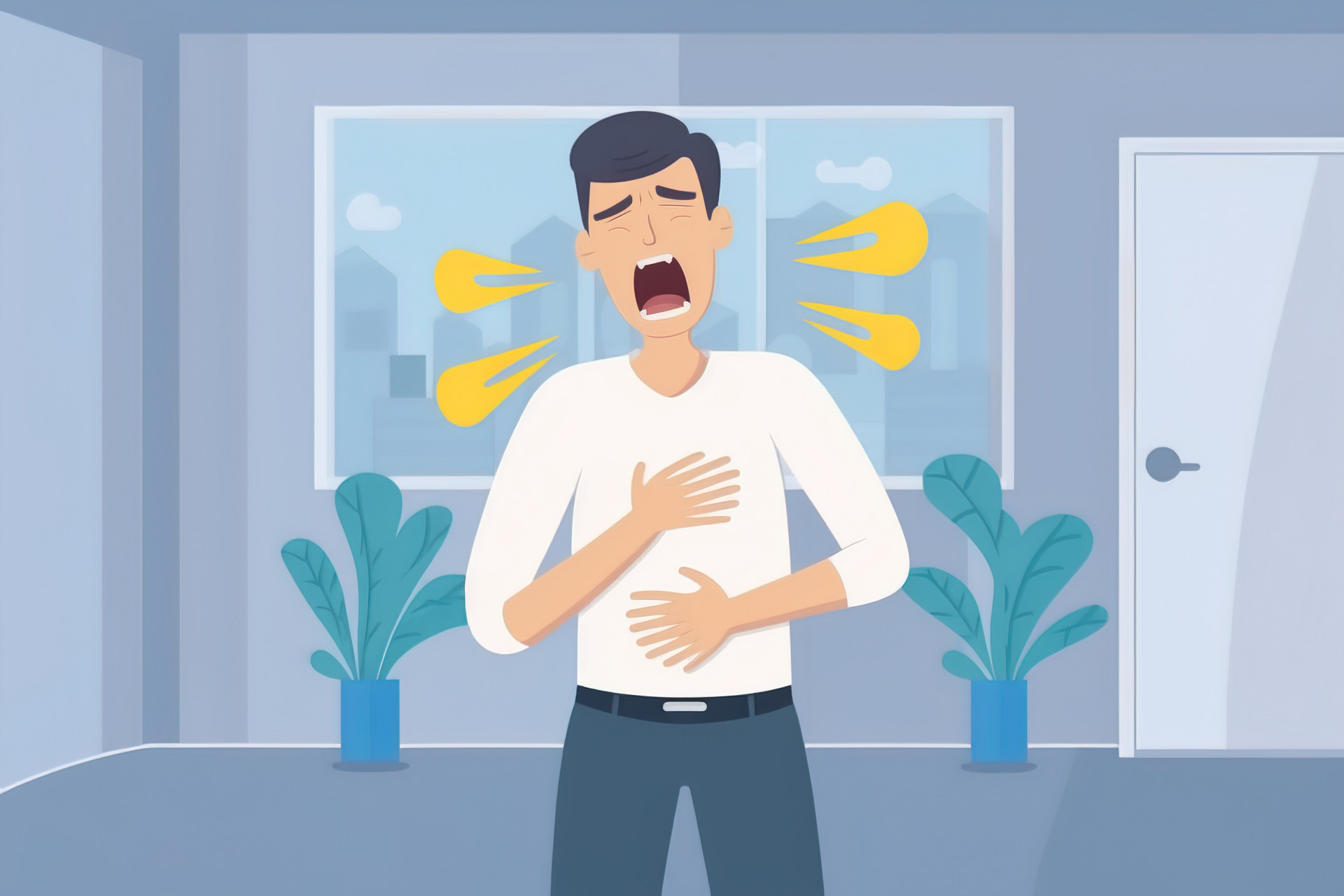The holiday season is approaching, and there are more and more gatherings and increased frequency of drinking alcohol. Some people even attend several dinner parties in one night. Amidst the clinking of glasses, what was meant to be a joyous drink often turns into the main focus of the feast. As a result, the consequences of excessive indulgence in alcohol can occur, including incidents of drunkenness. Here, I would like to remind everyone that the Spring Festival is getting closer, and it is important to drink alcohol in moderation during the holidays to avoid trouble.
The dangers of excessive alcohol consumption
Firstly, alcohol can cause a series of structural and functional changes in myocardial cells, and excessive drinking has a significant impact on the heart muscle. Alcohol can lead to cell death, protein degradation within the heart muscle, and impaired cardiac function, ultimately resulting in abnormal energy metabolism and myocardial damage, even heart failure. If there is a problem with the heart muscle, the heart may beat irregularly, inadequately, or even cease to beat. For individuals with pre-existing heart disease, drinking alcohol during the festive season may lead to sudden death. Therefore, there is a condition known as "holiday heart syndrome," which refers to the sudden onset or exacerbation of various cardiac arrhythmias, unstable blood pressure, and varying degrees of consciousness impairment within a short period of time after excessive alcohol consumption.
Secondly, alcohol causes blood vessel constriction and elevated blood pressure. Some people may experience headaches and palpitations after drinking alcohol. Especially for those who do not usually consume alcohol, acute elevation of blood pressure can occur after excessive drinking, followed by blood vessel dilation and a subsequent drop in blood pressure. This fluctuation in blood pressure can increase the risk of conditions such as cerebral hemorrhage.
Thirdly, excessive alcohol consumption can harm the stomach, intestines, liver, and other internal organs. Alcohol initially irritates the gastrointestinal tract. Some people claim that drinking milk or yogurt beforehand can protect the stomach and intestines. While this may slow down the absorption of alcohol, it does not reduce the overall absorption, thus still causing damage to the internal organs. The liver, in particular, is the primary organ responsible for alcohol metabolism. Prolonged alcohol consumption can lead to alcoholic liver disease, liver cirrhosis, and can even progress to liver cancer.
What is considered moderate alcohol consumption?
A study on alcohol consumption published in The Lancet, a leading medical journal, in 2018 involved multiple countries. The researchers concluded that the safe alcohol intake level is zero, meaning that abstaining from alcohol completely is the only correct solution for maintaining health. This research completely overturns the previous global understanding of alcohol.
Of course, alcohol has permeated throughout the five thousand years of Chinese civilization, occupying an important place in various aspects of Chinese life, including literature, art, culture, entertainment, cuisine, and health care. Completely abstaining from alcohol is indeed difficult for many people. The recommended guidelines for moderate alcohol consumption for adults are as follows:
Adult males should not consume more than 25g of alcohol per day, equivalent to: 750mL of beer; or 250mL of wine; or 75g of 38% distilled spirits; or 50g of high-proof distilled spirits.
Adult females should not consume more than 15g of alcohol per day, equivalent to: 450mL of beer; or 150mL of wine; or 50g of 38% distilled spirits.
However, for the sake of your health, it is best to refrain from drinking alcohol altogether.
What to do in case of alcohol poisoning?
For cases of acute alcohol poisoning, immediate on-site assistance is necessary. For individuals with mild poisoning, they should be prevented from consuming further alcohol. Giving them fruits such as pears, water chestnuts, or watermelon can help alleviate the effects of alcohol. Stimulating the gag reflex by various means can induce vomiting to expel the contents of the stomach, including alcohol. Afterward, the person should rest in bed, keep warm, and lie on their side to prevent respiratory obstruction from vomit. The person's breathing and pulse should be monitored. If there are no particular issues, they should recover naturally after a good night's sleep. However, if there are symptoms such as increased heart rate, slowed breathing, cold and clammy skin, and restlessness after resting in bed, immediate medical attention should be sought. Severe acute alcohol poisoning can lead to symptoms such as agitation, drowsiness, dehydration, seizures, shock, and weak breathing, and immediate medical assistance should be provided.
Common misconceptions about sobering up
Drinking strong tea to sober up. Combining alcohol with strong tea significantly increases the burden on the heart and can cause arrhythmias or heart failure. Therefore, individuals with heart conditions should avoid using strong tea to sober up.
Drinking vinegar to sober up. After consuming a large amount of alcohol, the irritation to the gastric and intestinal mucosa is severe. Drinking vinegar at this time not only exacerbates the irritation to the gastrointestinal mucosa but also increases the risk of gastric or acute pancreatitis.
Drinking soda to sober up. Soda harms the stomach and intestines, stimulates the gastric mucosa, reduces gastric acid secretion, affects the production of digestive enzymes, and can even lead to acute gastroenteritis and gastric spasms. For individuals with gastrointestinal diseases, consuming a large amount of soda after drinking alcohol can cause massive gastrointestinal bleeding. People with abnormal blood pressure who consume soda after drinking alcohol may experience a rapid increase in blood pressure.








